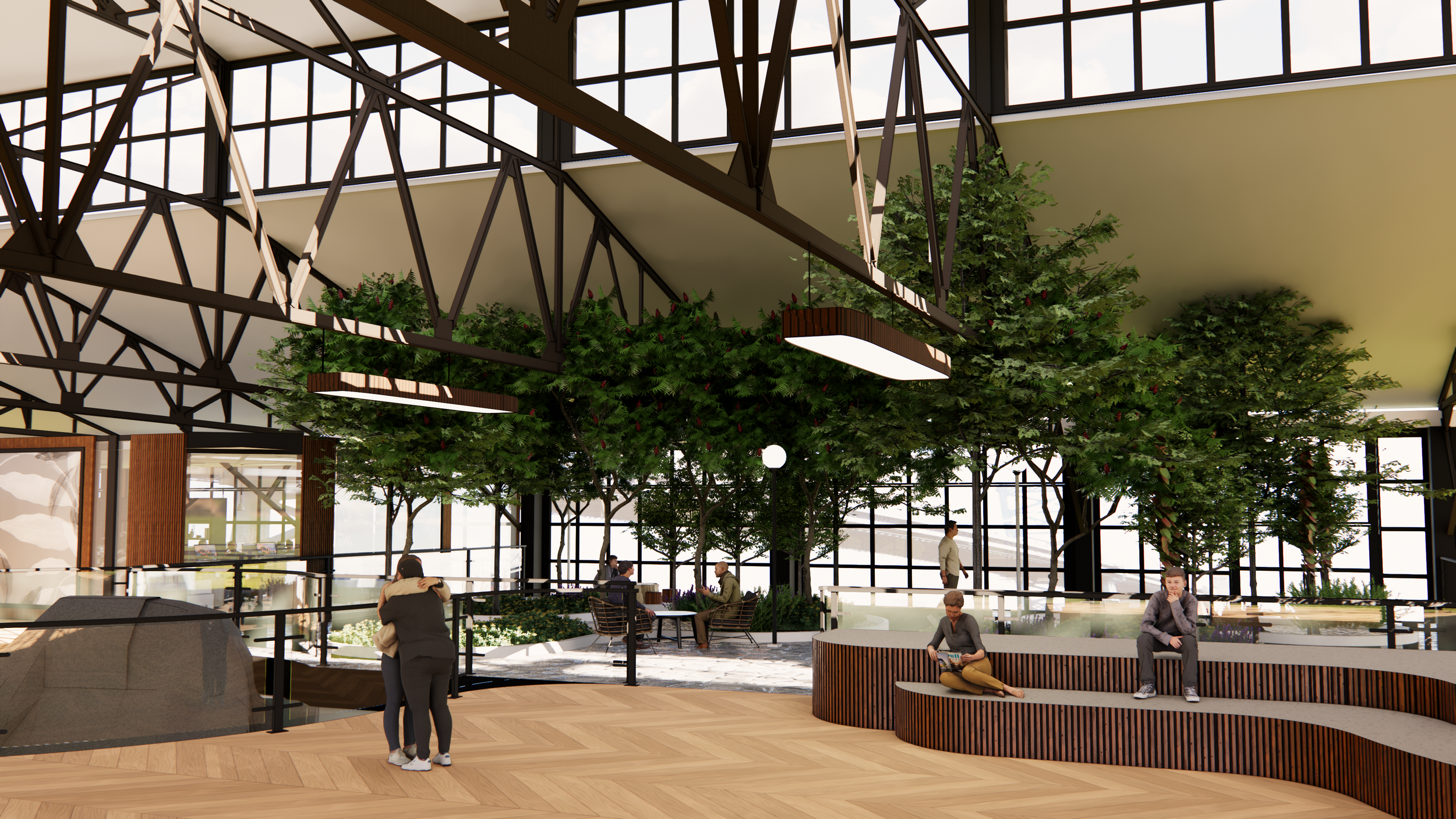Thesis Projects
Thesis Projects by Year
The Holistic Approach to Rebuilding the Lives of Unhoused Women Affected by Domestic Violence
Within the large population of unhoused individuals all over every major city across the United States are a demographic of unhoused women affected by domestic violence. So many of the women who experience violent relationships struggle with the decision of leaving due to housing instability, financial control, and safety. Current statistics reveal that there is a corresponding relationship between unhoused women and domestic violence, and the women who chose to escape these relationships face barriers accessing safe shelters, mental health support services and legal support. The shelters unhoused women currently have access to are not only unsafe, overcrowded and lack privacy, but they do not provide domestic violence victims with the supportive environment and tools that they need to recover. Housing solutions for unhoused women affected by domestic violence need to be designed with a system supporting them throughout their entire journey of regaining stability and integration back into society.
The Prosper House at Cathedral Park
This thesis proposes a new model for affordable housing that supports long-term financial growth by allowing residents to pay reduced rent while advancing their careers. The design prioritizes economic mobility, giving tenants the time and space to focus on professional development and save money—ultimately enabling them to leave the housing program with higher incomes than when they entered. The project is built on three key principles: first, that people should be able to prosper financially without leaving their home communities; second, that affordable housing must provide comfortable, spacious living units to support resident wellbeing and foster community; and third, that amenities should not be viewed as luxuries, but as essential responses to resident needs. Amenity spaces are intentionally integrated throughout the design to offer meaningful support and enhance quality of life. This model reimagines affordability as a foundation for upward mobility, not just as a measure of cost.
Biophilic Design in Hybrid Workspaces: Enhancing Employee Wellbeing in a Post-Pandemic World
In a post-pandemic world, the traditional workspace has undergone a transformative shift, embracing hybrid work models. This thesis explores the evolving dynamics of future workspaces with a keen focus on employee wellbeing, specifically through the integration of biophilic design. By incorporating natural elements, fostering community connections, and promoting mental health, this study aims to highlight the benefits of biophilic environments on employee health, productivity, and overall satisfaction.



